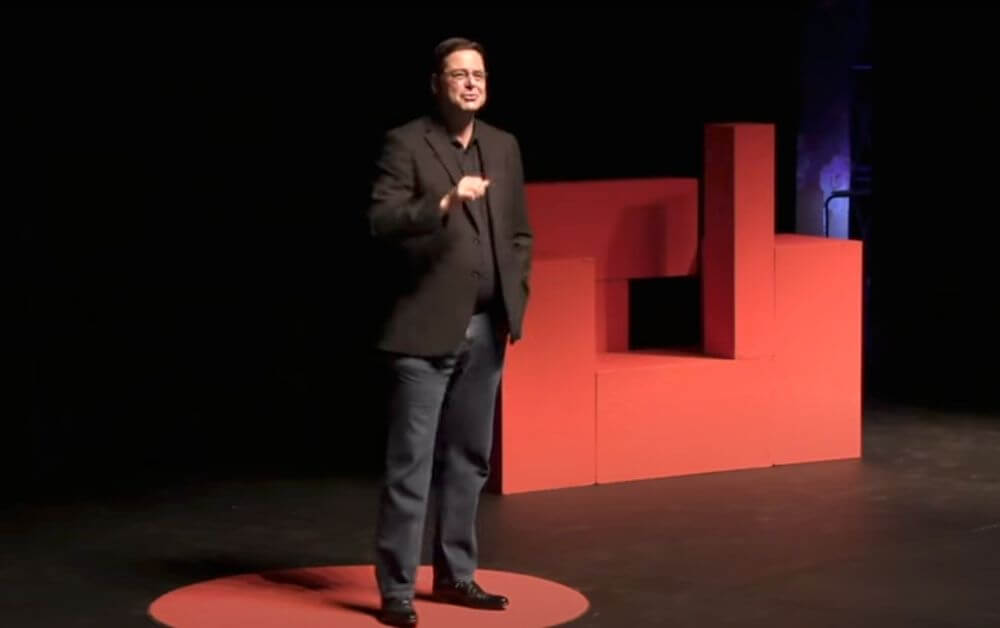What do you do? A question we’ve all undoubtedly been asked. But when you’re a futurist, your answer to that question often gets you some odd looks and people definitely have questions about it… The thing is, when we explain precisely what a futurist actually is, this is what becomes obvious: everyone should be a futurist!
Simply put, being a futurist means you have intentionally built the capacity to see and understand the implications and meaning of change.
At TomorrowToday, our work is deeply rooted in the principles of futuristic thinking. We practice certain principles and implement specific tools that help us to see change, understand the implications of that change and figure out how to adapt and approach that change.
This is part of why our name is TomorrowToday: it symbolises our commitment to two equally pivotal aspects. Firstly, harnessing strategic imagination to anticipate what the future holds, and secondly, embedding adaptability into our current frameworks to navigate any eventualities that may arise.
You can listen to Graeme’s TEDx talk from a few weeks ago, which has finally been released. He speaks about why everyone should be a futurist.
No-one can predict the future. That’s not the point.
Our job is not about making predictions but understanding where the world is going next. What we do as futurists is produce scenarios. To do that, we read widely and study the media, culture, socio-economics and politics to help us identify trends that might shape the way we live and work over the next five to 10 years.
What’s the timeline, you might be thinking?
Some futurists like to look at the far distant, science fiction horizon. But at TomorrowToday, we focus on “what happens after what comes next.”
This is 2 or 3 planning cycles beyond your normal budgeting horizon. Some of our clients, like airlines and nuclear power plants have planning cycles of 10-15 years. The work we do with them needs to help them see a 30-50 years horizon. Other clients, like app developers and fintech startups, have a planning cycle of 3-6 months, and we need to help them look just a year or two ahead. It’s different for different industries.
However, the fundamental frameworks are consistent for all our clients. We’re equipping them with the tools and skills to be able to consider their industry and intentionally build the capacity to see and understand the implications and meaning of change in their field and beyond.
Graeme’s upcoming book, Thinking Like a Futurist, written with Keith Coats, will be going into detail about exactly how to build these ‘future-fit’ skills. There will be plenty of practical tools to help you and your organisation build the capacity to see and understand the implications and meaning of change.
Some of the topics the book will cover include:
- Perspective: the necessity of moving to a different viewpoint, so you can get a better idea of the scope and scale of the problem you’re facing or the challenge you’re trying to solve.
- Curiosity: the power of asking good questions and how to engage with people in meaningful, curious ways.
- Strategic Imagination: pushing the boundaries of what you think you know, how you know and letting go of limiting mindsets precisely by embracing ridiculous ideas – you’ve got to push your imagination further than ever, to figure out the reasonably innovative solutions.
- Experimentation: the single most important thing that you and your team can do to help you succeed in times of disruptive change is to experiment more and build an experimental culture within your organisation and team.
- Unlearning: Unlearning is difficult because you have to rewire things that are often hardwired into your brain, however, it is absolutely vital for organizations who want to be adaptable and ready for the future, regardless of the disruption they might find. ‘Well, this is how we’ve always done it’ as a mentality is a trap and doesn’t allow for true innovation and progression.
Connect with us on social media and make sure to join our mailing list to stay updated about Thinking Like a Futurist, the book, being published in Q1 of 2024.
Graeme Codrington, is an internationally recognised futurist, specialising in the future of work. He helps organisations understand the forces that will shape our lives in the next ten years, and how we can respond in order to confidently stay ahead of change.
For the past two decades, Graeme has worked with some of the world’s most recognised brands, travelling to over 80 countries in total, and speaking to around 100,000 people every year. He is the author of 5 best-selling books, and on faculty at 5 top global business schools.


